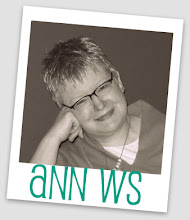This morning on MPR's Future Tense, Jon Gordon discussed a University of Minnesota study on how online social network sites such as Facebook can engage youth in world events, build community, and generate real world impact. The research has been funded with a grant from the John S. and James L. Knight Foundation (New Facebook Applications to Engage Youth in News).
Early findings show that these networks can have a positive impact on student engagement and learning. Dr. Christine Greenhow, lead investigator on the study, responded to Gordon's question on why educators have not incorporated more social networking into their teaching by mentioning the same things we hear in MILI--fear of the unknown, lack of training, privacy issues, and time. MILI participants will be able to put some of those fears to rest. You can listen to the segment at the Future Tense link above.
A new study by the Pew Internet and American Life Project dispels some of the myths that social networking, mobile phones, and other Internet use do not lead to social isolation, as some previous research suggested. In fact, there's plenty of evidence that people who spend a lot of time online have fuller social lives. People’s use of the mobile phone and the Internet is associated with larger and more diverse discussion networks. When researchers examined people’s full personal network – their strong and weak ties – Internet use in general and use of social networking services such as Facebook in particular are associated with more diverse social networks.
Subscribe to:
Post Comments (Atom)





No comments:
Post a Comment